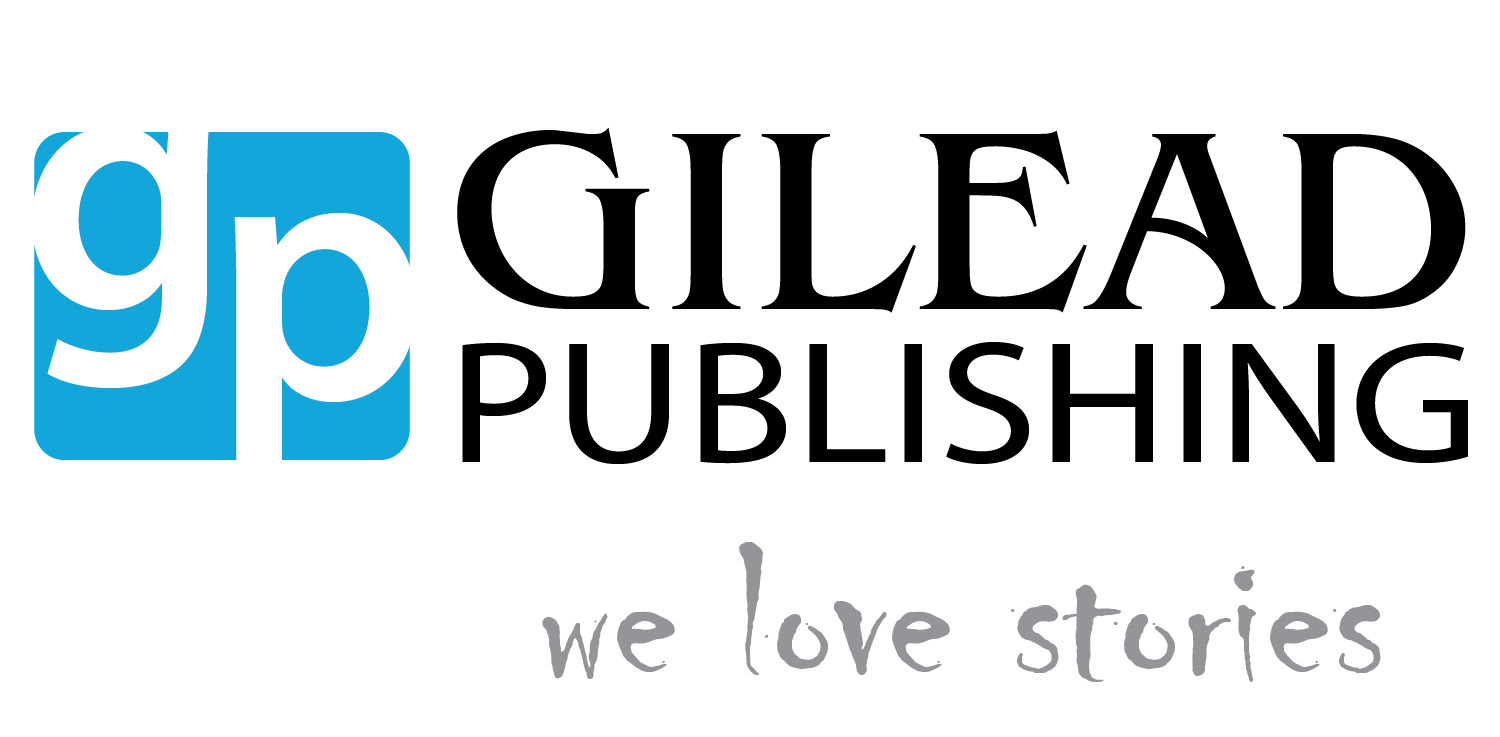Recently a list of the world’s largest publishers was posted by “Publisher’s Weekly.” It reminded me again of how large the publishing business really is and how easy it is to forget that fact.
Below is the top ten listed along with their sales revenue.
| Rank 2017 | Publishing Group or Division | Parent Company | Parent Country | 2016 Revenue (in $M) |
| 1 | Pearson | Pearson PLC | UK | $5,617 |
| 2 | RELX Group | Reed Elsevier PLC & Reed Elsevier NV | UK/NL/US | $4,864 |
| 3 | ThomsonReuters | The Woodbridge Company | Canada | $4,819 |
| 4 | Bertelsmann | Bertelsmann AG | Germany | $3,697 |
| 5 | Wolters Kluwer | Wolters Kluwer | Netherlands | $3,384 |
| 6 | Hachette Livre | Lagardère | France | $2,390 |
| 7 | Grupo Planeta | Grupo Planeta | Spain | $1,889 |
| 8 | McGraw-Hill Education | Apollo Global Management | US | $1,757 |
| 9 | Wiley | Wiley | US | $1,727 |
| 10 | Springer Nature | Springer Nature | Germany | $1,715 |
Of the “Big Five” trade publishers we think of in the U.S., note that Bertlesmann owns the majority of Penguin Random House and Pearson owns the rest. This includes their evangelical imprint Waterbrook Multnomah.
Hachette Livre owns Grand Central, Little Brown, and the evangelical imprint FaithWords.
HarperCollins (owned by NewCorp) includes their evangelical division, HarperCollins Christian (Zondervan and Thomas Nelson) which was #12 on the list.
Simon & Schuster (owned by CBS) was #23 on the list. Their evangelical imprint is Howard Books.
The other “Big Five” general market trade publisher commonly known as MacMillan, is owned by Verlagsgruppe Georg von Holtzbrinck (Germany) and was #15 on the list. They do not have an evangelical imprint.
In case you are curious, Scholastic was #11.
_____
Think about this for a minute. If a publisher is selling five billion dollars of books in a year and the average net sale (the amount received by the publisher) is $10 (US) then that publisher sold 500 million individual books….a little more than 1.3 million books per day. [I am using the arbitrary $10 per book average to account for the mean between expensive textbooks and inexpensive ebooks, and so we can all “do the math” together.]
This, of course, does not account for all the indie author sales.
Then multiply that across all of these publishers and consider how many books are sold each day across the globe. The top 10 in the above list account for over 30 billion dollars in book sales. $30,000,000,000.
Then consider that not all of the books are in English. The scope of the business is truly exhilarating when you think about it. In the ranking for #11-#50 six publishers are based in Japan, five more in Germany, four more in France, three in Italy, and two in Korea.
All of the books our agency represents are published in English first. Most of the time translation rights are controlled by the publisher and they handle the licensing to publishers in other countries. However there are times where we’ve negotiated to control those foreign translation rights. This means that I have had the privilege of licensing client’s books in German, French. Korean, Mandarin Chinese, Portuguese, Romanian, Slovakian, and Dutch. My office has a full shelf of those books in non-English languages.
Even in English your books can travel the globe. Authors have told me of getting letters from exotic places where their book has been read by an entire village.
My point is this. We can forget how tiny the size of our personal writing and publishing bubble is. Take a moment to cast a much larger vision and pray that what you write can help change the World word-by-word.










